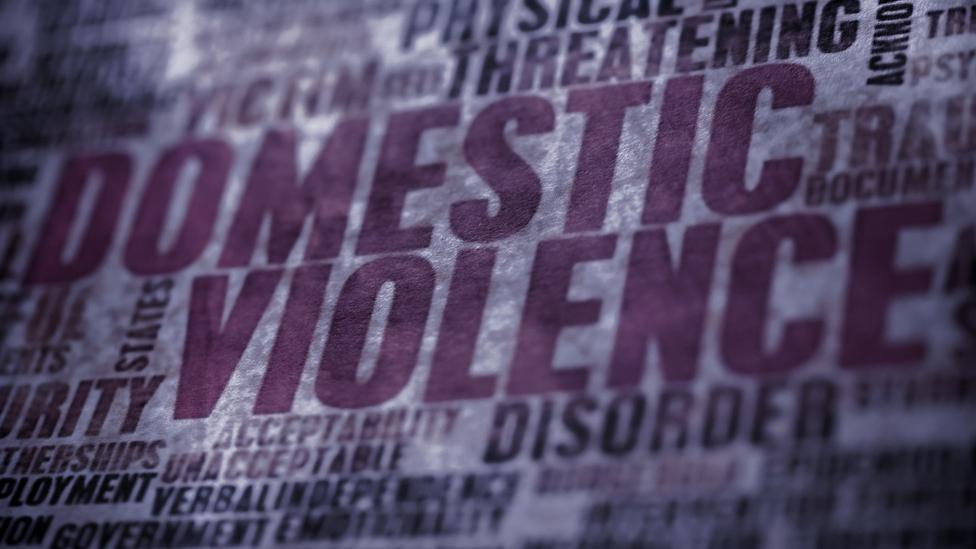Domestic abuse: Support for children 'needs more money'
- Published
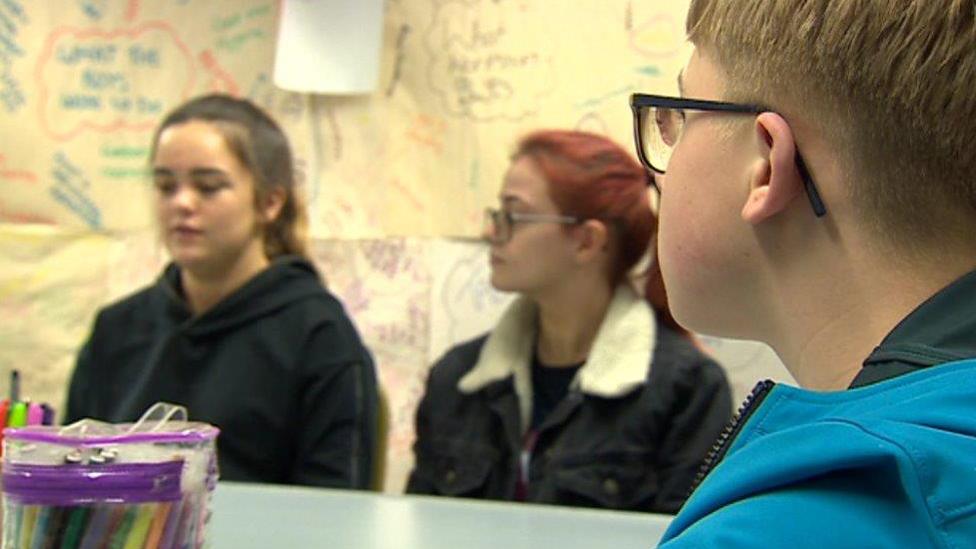
Charities already hold healthy relationship classes in youth clubs and schools
"After you came to talk to us, I realised I didn't have to be scared anymore."
The feedback from a nine-year-old boy sums up the effect healthy relationship classes can have on a child who has experienced domestic abuse.
The Welsh Government says it funds councils and charities to provide education and support.
But specialists say provision is patchy and have warned that school sessions alone are not enough.
They say in a large number of schools, children display signs they are being affected by domestic abuse or violence.
In those cases, the children need extra support.
Catherine Hill, from Phoenix Domestic Abuse Services, a Blaenau Gwent-based charity which works with young people who have suffered domestic abuse, said healthy relationship lessons were essential.
"While it's important to raise young people's awareness of what 'healthy' looks like - you have to make sure there is sufficient support to refer them on, if it's required," she said.
"You have to ask the questions. But we have to be aware if we ask them and there's nowhere for them to go, we're opening a massive can of worms without the proper services to support them."
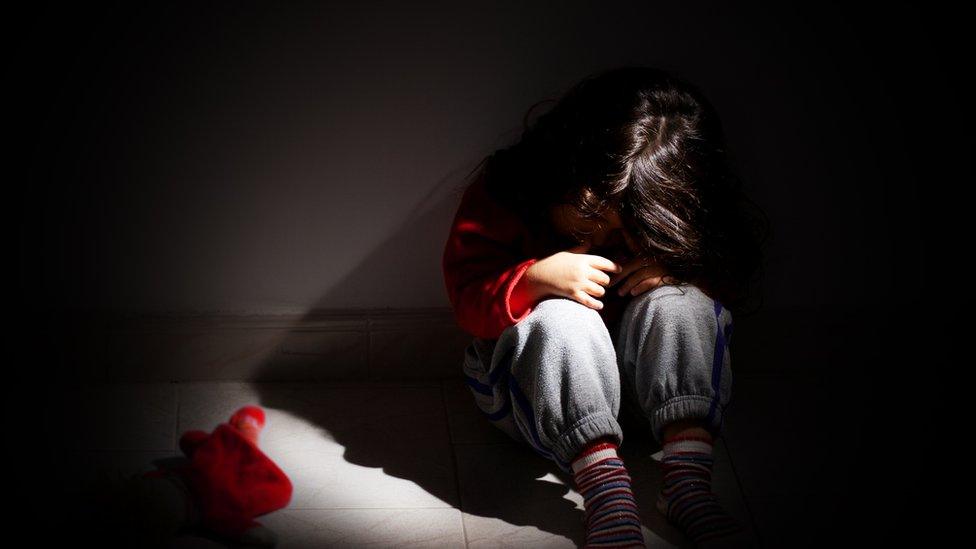
Nicola Fitzpatrick is from the charity Llamau, one of a number that run healthy relationship sessions in schools and youth clubs.
She said the provision across Wales was a "postcode lottery".
The lessons use age-appropriate conversations to explore positive and negative relationships among young people.
"In Wales we have fantastic legislation that identifies children requiring early intervention services, and yet in order to fund that work, we have to apply for cyclical grants [which have to be applied for continually].
"There's a huge reliance on the sector itself to generate their own income through grants."

'Playing happy families on social media'
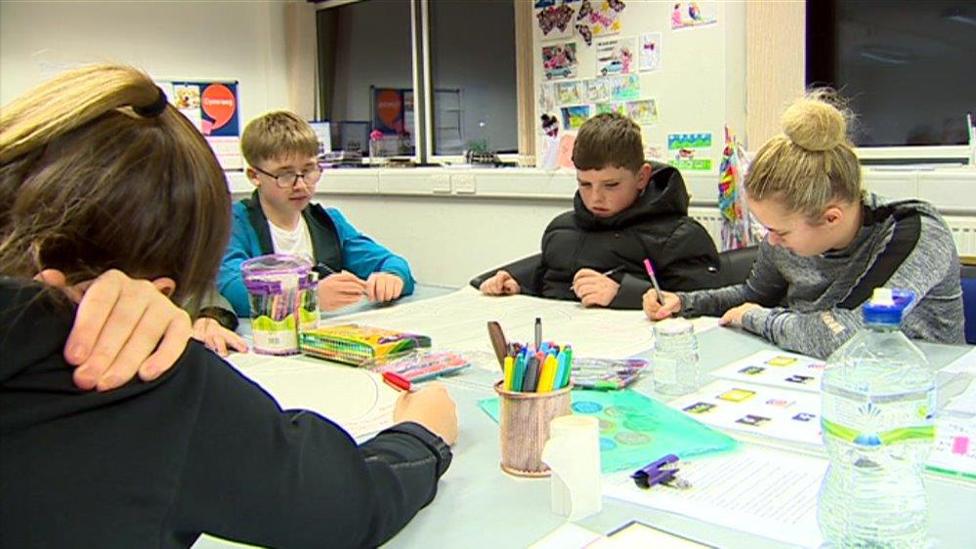
This healthy relationship session is being held with Merthyr Tydfil teenagers
Saffron, 17, has been to a session at her youth centre in Merthyr Tydfil.
"On TV, you normally see bad relationships - some very abusive ones," she said.
"It's important if you're younger to know the early signs of a bad relationship.
"Some people play happy families on social media but in the background they're not."
Paige, 17, a volunteer at the centre, said social media could disguise people's unhappiness.
"Younger people need to know more about being in a healthy relationship - we perhaps focus more on abusive ones," she said.

'Mam has stopped crying and we are all happy'
A nine-year old boy wrote to a charity explaining the impact of domestic violence - and the way relationship classes helped
A letter Llamau received from a nine-year old boy showed the impact it had on his family.
"You came to give a talk to my class about domestic abuse and healthy relationships a few weeks ago," it said.
"You talked to us about who we can speak to if we was scared and if we needed help.
"I am glad I was there that day to listen to this because it has helped me lots and lots.
"For ages my mam has been really scared of my dad.
"Mam would cry and try to hide when dad hasn't been nice to me and my mam and my brother.
"I am scared of him and didn't want to make mam cry any more so I didn't say anything.
"After you came to talk to us I realised that I didn't need to be scared anymore.
"So I went and told my nan and my teacher and now they have helped us move to somewhere new but it's a secret so I'm sorry I can't tell you.
"But dad isn't with us and we don't have to see him.
"Mam has stopped crying and we are all happy and my nan said I should have told her a long time ago."

Ms Fitzpatrick said projects were often funded for limited periods, which could run out after expertise had been established.
"It might be that you get a really good piece of work off the ground, you're doing really exceptional work with children and young people - and then the only grants available are for new services."
She said working with children affected by abuse should be funded as a core service, because failing to intervene at that stage would simply mean their difficulties would continue - and worsen - into adulthood.
The Welsh Government said it funded councils and charities to deliver services, including awareness campaigns and preventative training in schools.
A spokeswoman said safeguarding procedures were published last year and supported consistent practice across Wales.
"A number of practice guides are available with the procedures and one of these has a specific focus on safeguarding children affected by domestic abuse, including information on peer relationship abuse."
She said its children and communities grant for councils funded support for children and young people up to the age of 18 who have been affected by all forms of domestic violence.
- Published21 January 2020
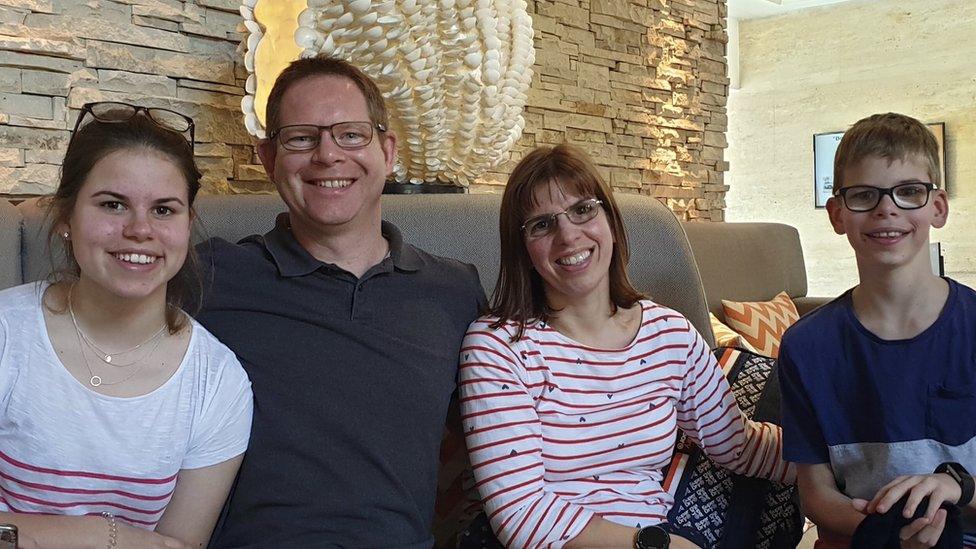
- Published26 November 2019
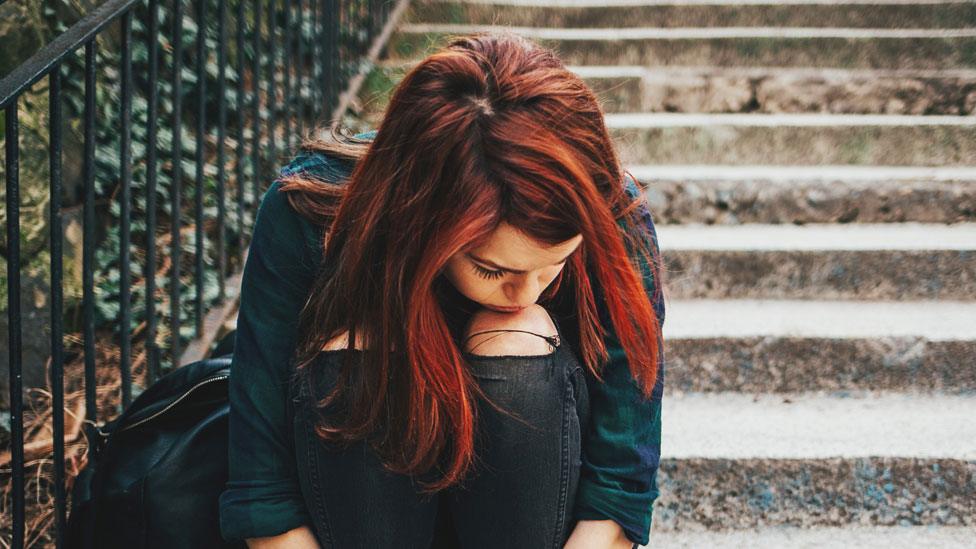
- Published6 June 2019
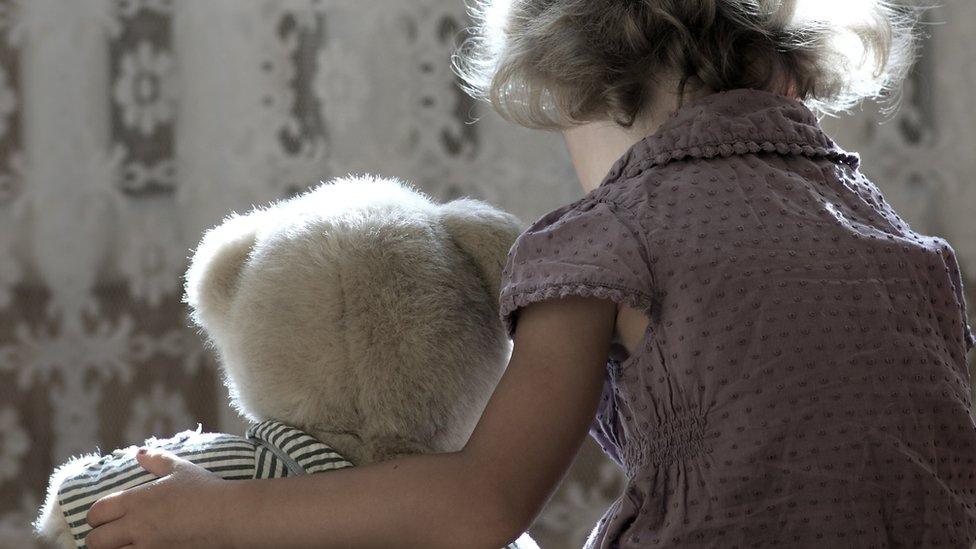
- Published26 December 2019
